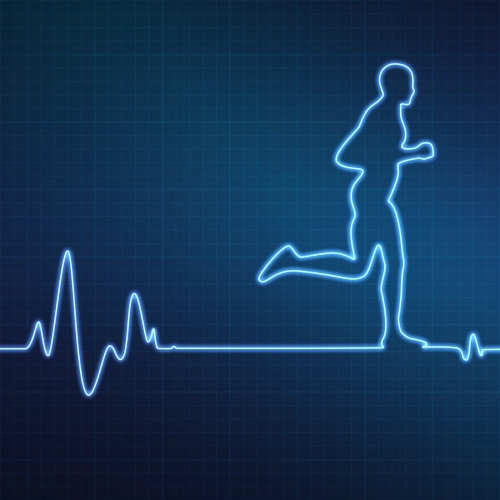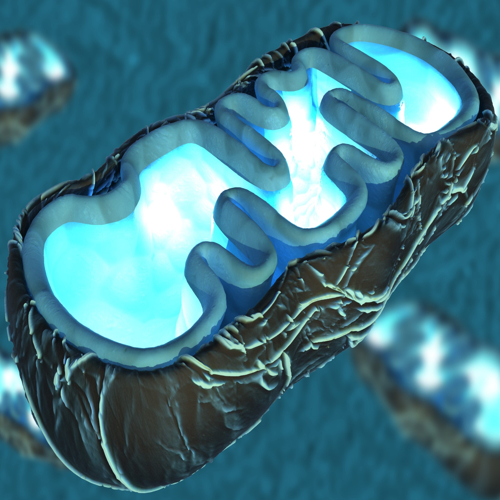Key points from article :
Researchers recruited 11 healthy young people and put them through increasingly intense sessions on a stationary bike.
"It’s a very impressive study,” - Thijs Eijsvogels, an exercise physiology researcher.
Cardio-metabolic health improves with greater exercise volumes, and there’s a point at which benefits stop accruing.
Training started relatively light, with 36 minutes of high-intensity intervals.
In the following, moderate week, subjects completed 90 minutes of intervals.
Metabolic efficiency improved over that time, as did oxygen consumption.
After third week of excessive training, intrinsic mitochondrial respiration fell by 40%.
“It’s quite similar to the changes in people starting to develop diabetes or insulin resistance,” - Filip Larsen, coauthor.
After a recovery period, most measures rebounded.
"It’s not clear where the tolerable limit of training is," - Mikael Flockhart, study coauthor.
Study by Swedish School of Sport and Health Sciences published in Cell Metabolism.





